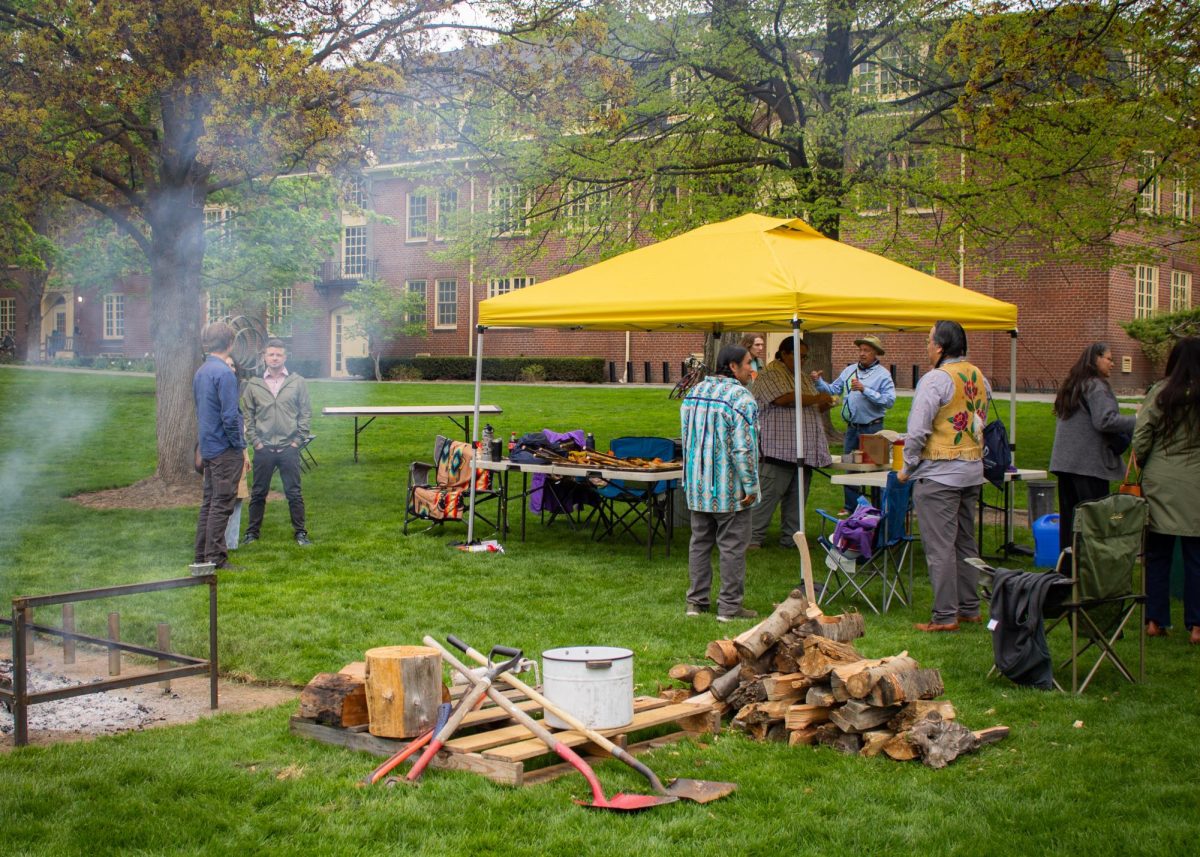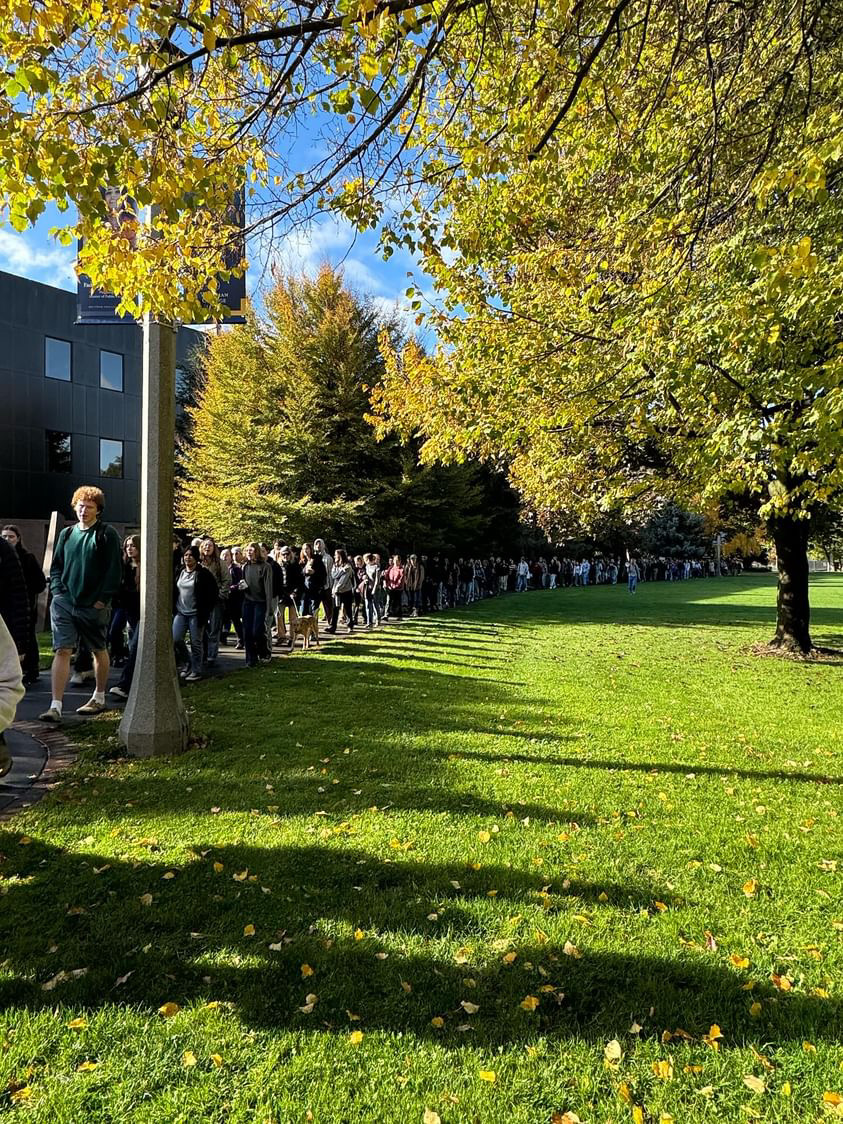Latecomers were turned away from the doors of Maxey Hall on Oct. 23, when PBS NewsHour correspondent Ray Suarez addressed a packed house about his take on current electoral issues. The talk was the second half of the “U.S. Presidential Debate” series sponsored by the Office of the President, the first being a lecture given by columnist David Brooks a week prior.
Suarez covered a wide range of issues in his speech, ranging from the housing crisis to social security benefits to climate change, but a common theme was the limits of campaign rhetoric in addressing difficult problems in the economy.

“Neither candidate wants to tell you just how hemmed in they are by economic realities,” said Suarez. “Debt means less room for maneuver for both candidates.”
He emphasized that while whomever becomes president will have to deal with problems that have no easy solutions, candidates are reluctant to tell their constituents that things may get worse before they get better.
“When faced with a choice between telling people what they want to hear and what they don’t want to hear, you can guess what [candidates] most often choose,” he said. “Presidential candidates don’t spend much time conceding to voters that there’s some things they can’t fix.”
Much like at Brooks’ lecture, a substantial non-student audience was in attendance––more than a few hands were raised when Suarez asked if any members of the audience were over the ages of 50 and 45. Suarez briefly addressed the topic of the generational gap in U.S. politics, commenting on the tendency of older voters to see admission of U.S. non-dominance as “weak.”
Professor of Politics & Paul Chair of Political Science Paul Apostolidis moderated the question and answer session following the lecture, asking Suarez a few of his own questions before inviting audience questions. Topics covered in the Q&A ranged from race in journalism to the role of younger people in influencing the future of the country.
Apostolidis said he hoped Suarez, as with Brooks, could present students with an example of someone working in media who takes more balanced and critical look at the political atmosphere of the United States.
“I hear a lot of students tell me they are confused and sometimes cynical about their ability to find information and analyses in news sources that they can rely on, that they think is responsible and reasonable,” he said. “The reason [Brooks and Suarez] have been invited is precisely because they are not so easy to pin down as one side or the other. Hopefully with both of these [talks] it’s about broadening people’s sense of the complexities and the multiple perspectives that can be had on political issues.”
Especially in light of the presidential debate on Monday, students in the audience seemed receptive to Suarez’s points.
“I think that in the lecture Suarez just effectively elaborated a very popular critique that people who want more active participation in the political arena have,” said junior Ben Harris. “To me, at least, his criticism of how neglectful politics is of social reality is so accurate.”












